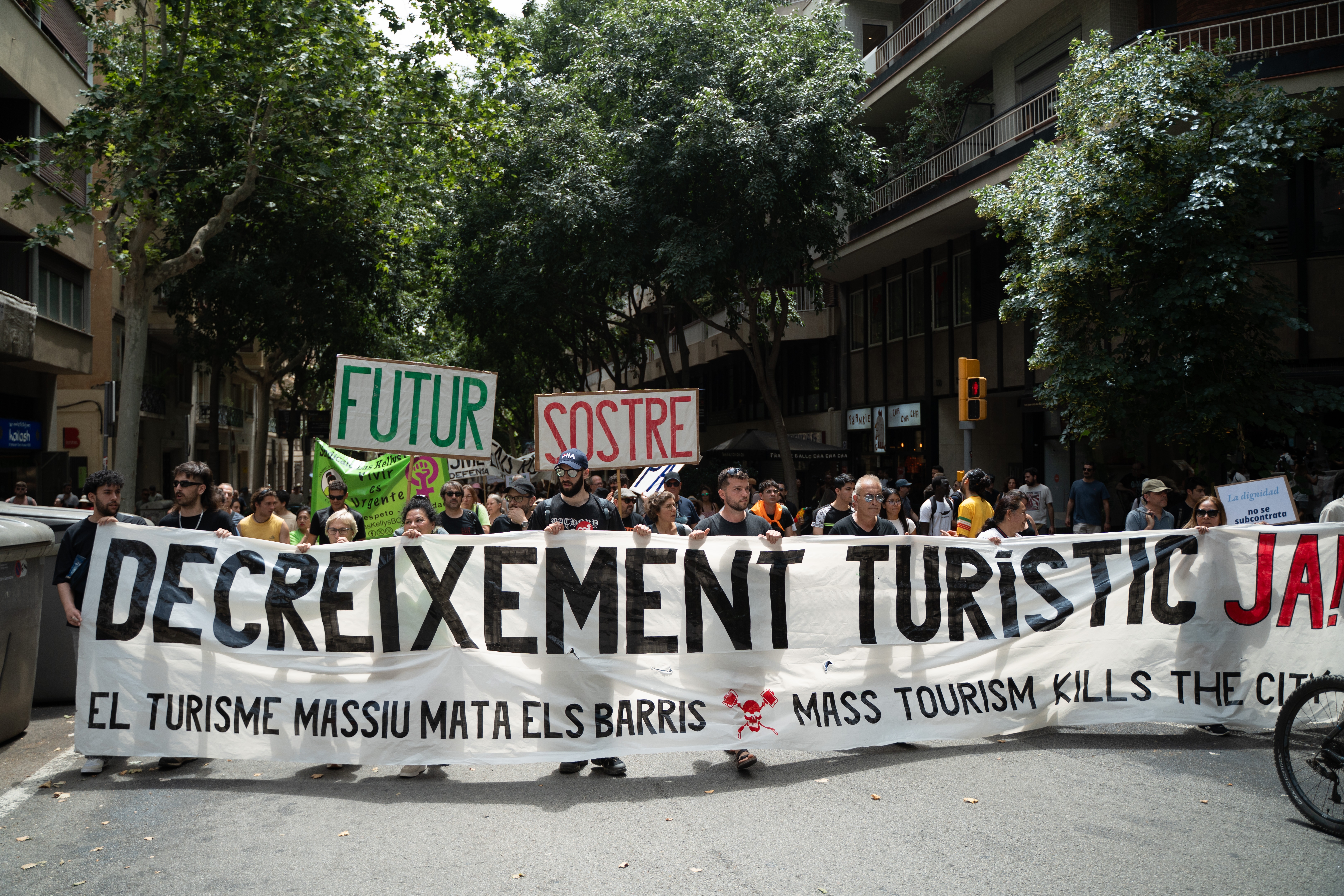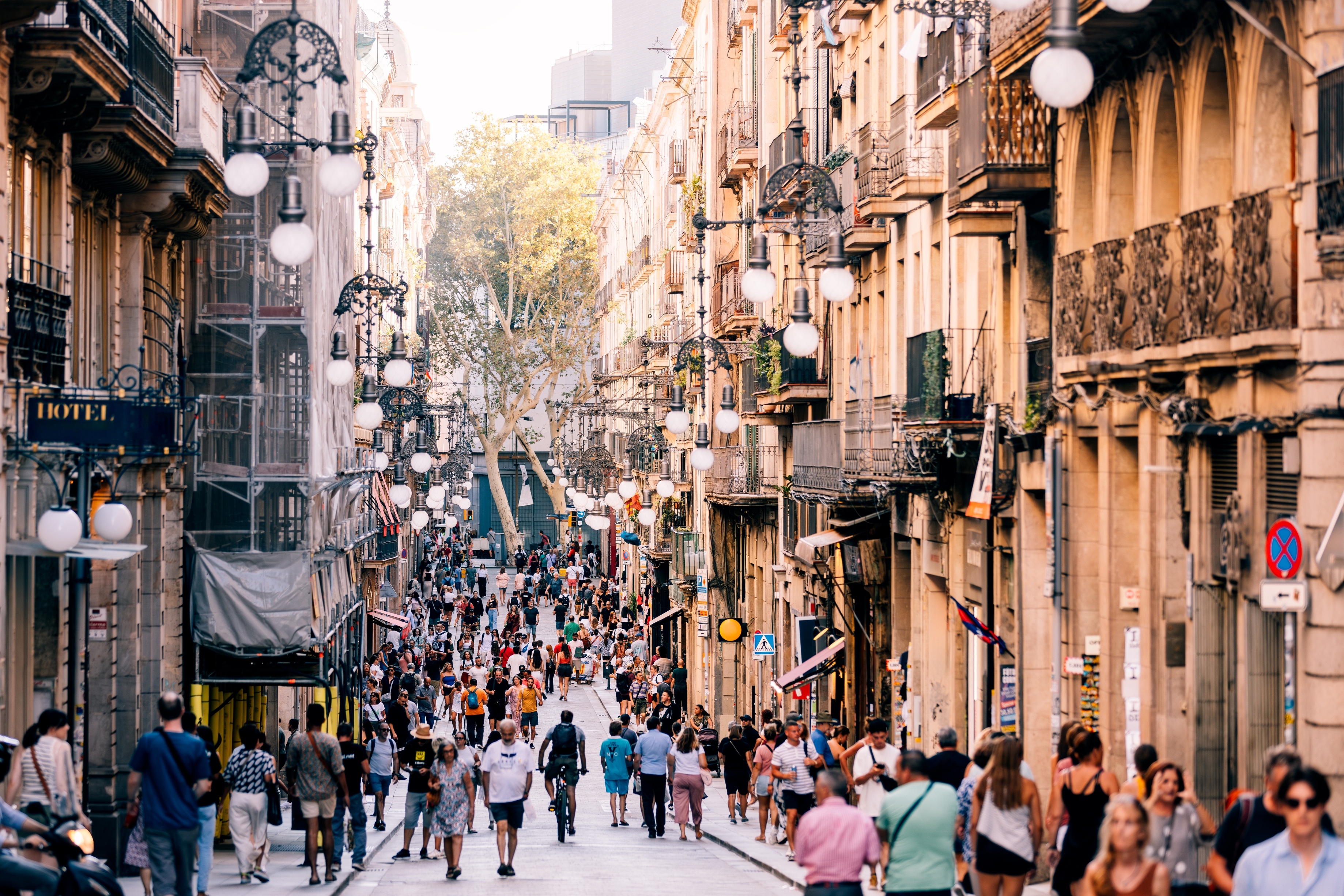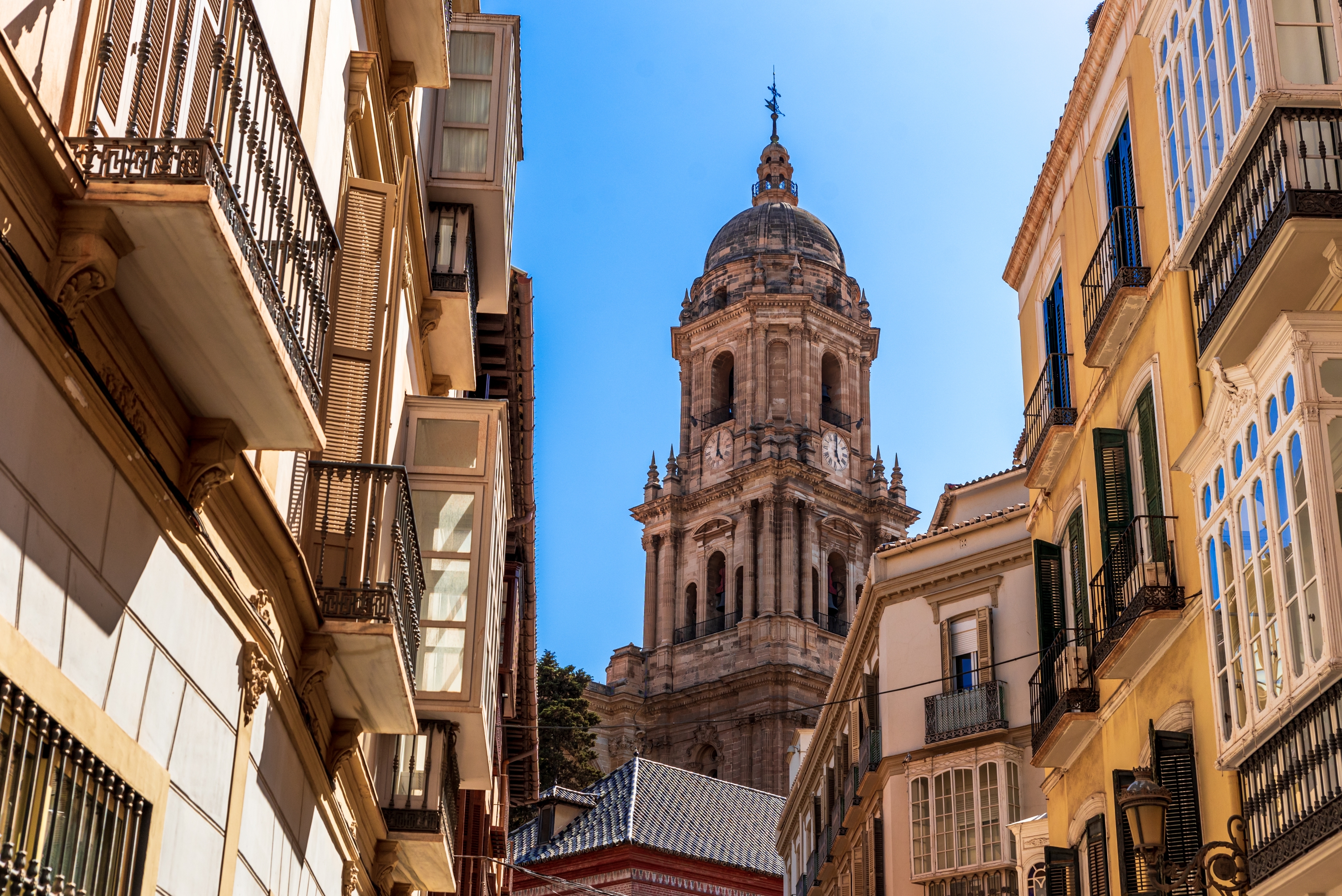On June 15th, thousands of locals in Southern Europe took to the streets to protest against the overwhelming tourism in their cities.
Protestors brought along water pistols, shooting water at hotels and tourist spots in the city, with signs saying, "mass tourism kills the city."

These protests are being carried out in Spain, Portugal, and Italy, as locals remain frustrated with the number of tourists that flock down during prime seasons. Several protestors have stated that they are not against tourism, but would rather have it on a more acceptable scale.
Protesters chanted "your holidays, my misery" while marching down the streets of Barcelona, with slogans that also said, "their greed brings us ruin". For context, Barcelona has a population of 1.6 million. In 2024, it attracted around 26 million tourists.

And it's not just locals protesting the inflation in tourism. The Louvre has shut their doors following a staff strike on Monday, after the staff argued that they could no longer control the unmanageable crowds in the museum.
This walkout was abrupt and in public view, whereas previously it was never done so unexpectedly and suddenly.

The Louvre, which has a capacity of 30,000 visitors at a time, had 8.7 million visitors last year, testing the infrastructure's capacity. The staff revealed that working in the museum was a 'physical ordeal' as there were limited bathroom breaks, sparce rest areas, and increased heat in the museum due to the museum's greenhouse effect.
The protest has reignited the discussion of overtourism and how it is not a 'new' problem, but one that has been simmering under the surface for a while.
With this topic coming to the forefront—people are sharing their personal experiences dealing with the impact of overtourism and how it is more than tourists 'dirtying' the place.
In an interview with BBC, an 80-year-old resident said that she was evicted from her home of almost a decade in a hip and popular area—she believes that it was to done to rent out the apartment to new tourists. She said that the rent had since increased by 70%.

In May 2025, the government had called for the removal of nearly 66,000 rental listings on Airbnb, on the grounds that they breached tourist regulations. This announcement would be a breath of relief, as housing has been a issue in the country due to sky-rocketing rental prices, preference for tourist apartments, and incomes which cannot match up.
One redditor commented on the double-edged sword that is tourism: "Tourism is both a blessing and a curse for Spain. On one hand, it brings a tremendous influx of foreign money and remains central to the country's economy. On the other hand, the overwhelming dominance of tourism causes other economic sectors to struggle, as most jobs and expertise concentrate in this one area, creating a vicious cycle. Despite producing tens of thousands of engineers each year and boasting a highly rigorous education system, Spain still struggles to transition toward a more entrepreneurial and industrial economy."

Another redditor commented on the possible future of visiting Barcelona. "The city that belonged to and that served the people that live here is long gone—and so are most of the people who actually live/lived here. One day tourists will come here just to see other tourists. The local businesses will have been taken over by overworked asian/african immigrants who work 16 hours/7 days selling you fake shirts and cheap(-ish) booze. The famous "terrazas" will be filled by tourists only, and people will come here to visit a city that no longer exists—it will be a theme park, not a city."

